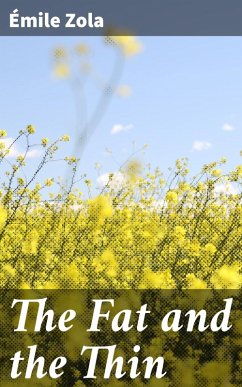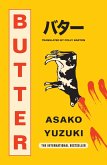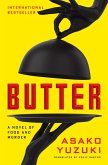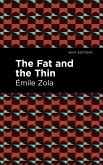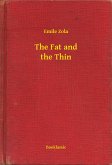In "The Fat and the Thin," vâmile Zola explores the stark contrasts between the bourgeois extravagance of Parisian society and the struggles of those less fortunate. Written in Zola's characteristic naturalistic style, the novel delves into the world of gastronomy and consumerism, reflecting how societal excess influences both personal identities and relationships. Through the experiences of the protagonist, Florent, a well-meaning man who falls prey to the temptations of wealth and indulgence, Zola critiques the moral decadence of the Second Empire, offering readers a vivid tableau of late 19th-century France. Zola, a leading figure in the Naturalism literary movement, drew upon his own experiences and observations of Parisian life to craft his narratives. His background as a journalist and his familiarity with the art of storytelling allowed him to depict the human condition with unflinching realism and empathy. "The Fat and the Thin" encapsulates Zola's belief in using literature as a vehicle for social justice, capturing the often overlooked struggles within a rapidly modernizing society. Highly recommended for those interested in the interplay of social issues and literature, this novel invites readers to reflect on the consequences of consumer culture and the lost virtues of simplicity and virtue. Zola's unvarnished examination of human nature and societal decay will resonate with anyone looking to understand the complexities of human desires and the moral dilemmas they entail.
Dieser Download kann aus rechtlichen Gründen nur mit Rechnungsadresse in A, B, BG, CY, CZ, D, DK, EW, E, FIN, F, GR, H, IRL, I, LT, L, LR, M, NL, PL, P, R, S, SLO, SK ausgeliefert werden.

